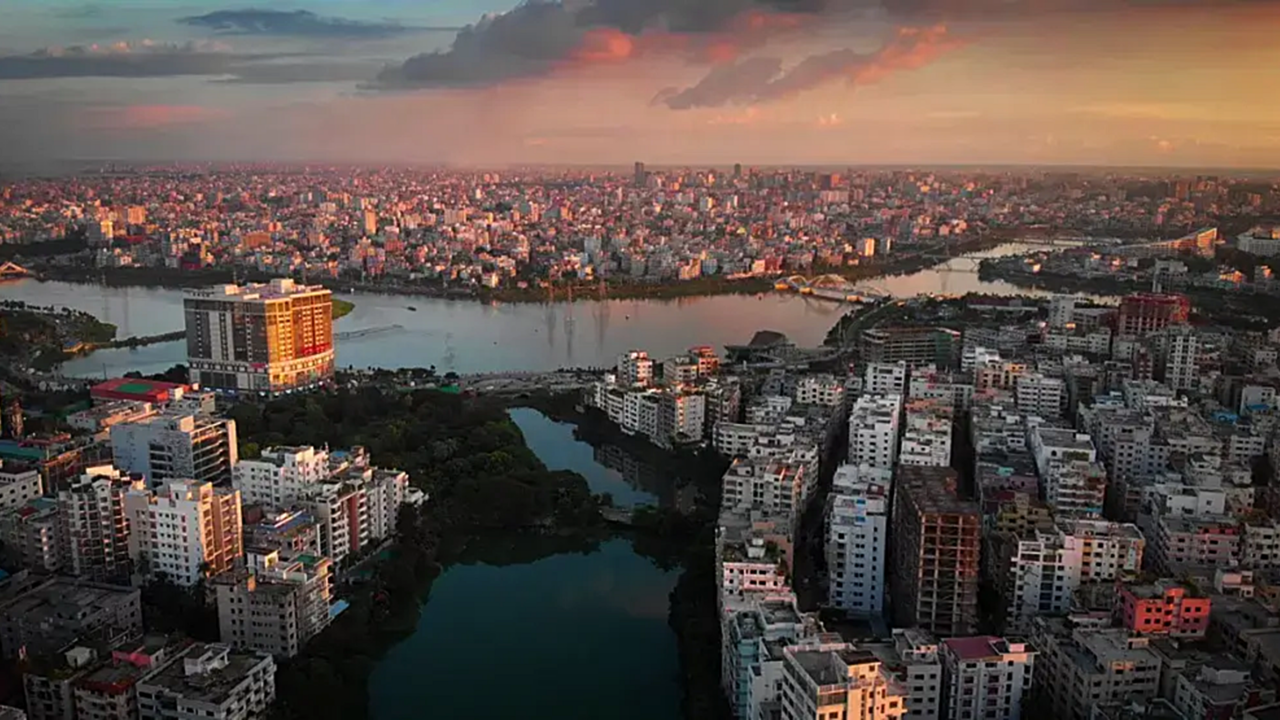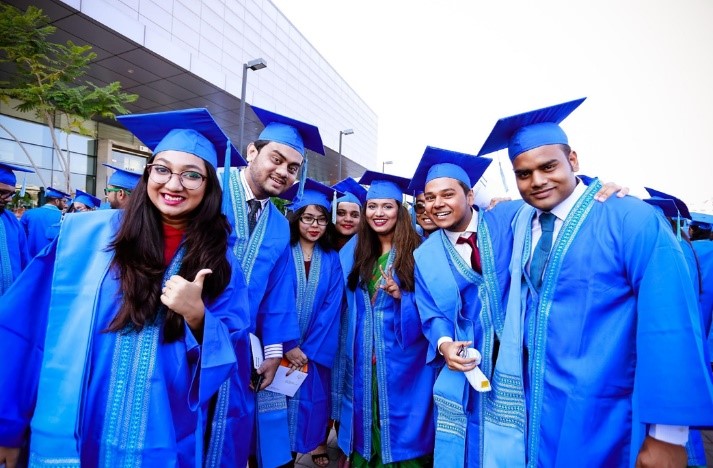Reflections of an International University Registrar
After an extensive career working in HEIs in England, Dave Dowland, University Registrar at Brac University, shares his most recent experience working at a university in Bangladesh.

Life can change in a moment. One routine afternoon, there was a phone call from a search consultant about a job in Bangladesh. Within months, I was on the plane. I loved Bangladesh and South Asia from touchdown, a country and region of profound beauty, resourcefulness, and sense of the vibration of life.
Bangladesh is a country of perhaps 170 million and Dhaka a megacity of 23 million. Bangladesh is becoming more prosperous, although it is a low-lying country confronting the sharp impact of climate change and addressing considerable social challenges. The country is in a pivotal geographical position with links across a region with 1/3 of the world’s population.
Brac University operates at the intersection of the worlds of international development and higher education. It is a leading, not for profit institution with over 16,000 students. It is preparing to move into a vast but environmentally sensitive new campus, supported by advice from teaching, learning and space management specialists from the UK and Australia.
The University is linked to BRAC, one of the largest NGOs in the world, which has played a remarkable role in the construction of Bangladesh as well as the development of other countries in Asia and Africa. That takes the university into the heart of world social issues – poverty alleviation, public health, education, governance and development, peace and justice, gender equality and climate change. BRAC has a vast reserve of data which attracts leading universities internationally.


One of the obvious differences between the Bangladeshi and the UK higher education systems is that it generally takes less time for full time students to graduate in the UK than Bangladesh. Another is the much greater influence of Bangladeshi parents in the education of students.
Here, there is no OFS, no NSS and no TEF. Bangladesh has not really played the ‘league table’ game either, although that is changing. There is interest in the introduction of league tables that are more sensitive to local conditions.
There appears deep respect for education across South Asia. There is still widespread recognition of the multi-dimensional value of higher education. That is refreshing, set against the consumerist view of higher education in some other parts of the world, as if value could be judged solely through short term career outcomes or graduate starting salaries.
The famous entrepreneur and founder of the worldwide BRAC movement, Sir Fazle Hasan Abed, created Brac University inspired by the thought that universities were among the few human institutions which had flourished for hundreds of years. He adopted a US style liberal arts approach to promote broad and deep education and vocational relevance. There was an aim to help students become thoughtful, socially responsible and effective leaders.

This educational model recognizes that STEM is vital, alongside the arts and humanities and creative disciplines which help to make sense of the world, to address social and ethical problems and to encourage lateral and imaginative thinking. There is a semester of undergraduate residential life, part of a model of education as transformation.
Abed recognized the need for reform of higher education in Bangladesh. There are persistent challenges. There are high rates of graduate unemployment alongside evidence of the need for high level graduate skills to meet the demands of a technological revolution. There is a pressing need for professional development to enable dynamic teaching and learning, the modernization of curriculum, substantial investment in research and the growth of links between industry and universities. There is also scope for public and private universities to work together more collaboratively and innovatively in the national and regional interest.
There is much talk of ‘internationalization’ of higher education here in the ‘developing world’. ‘Internationalization’ is about the higher education sector valuing diversity and functioning in an intimately connected, borderless world, where ideas and knowledge are shared. The theme of internationalization is in the tradition of Rabindranath Tagore who supported a concept of global community and called for ‘unity in diversity’, expressed in the Visva-Bharati University, where the ‘world makes its home in a single nest.’
Many of the international higher education partnerships, however, are less satisfying from a southern hemisphere perspective, since they concentrate on the recruitment of students to study in western countries, with the prospect that many graduates may not return home. We are looking for another kind of partnership, like that urged by Professor Adam Habib, Director of SOAS.
There is a need for genuine, international partnership and mutual learning, generating capacity in teaching, learning, quality assurance, research and knowledge exchange. Other countries have much to learn from Bangladesh, which has expertise from the experience of nation building and social and economic development over half a century.
Related Blogs



